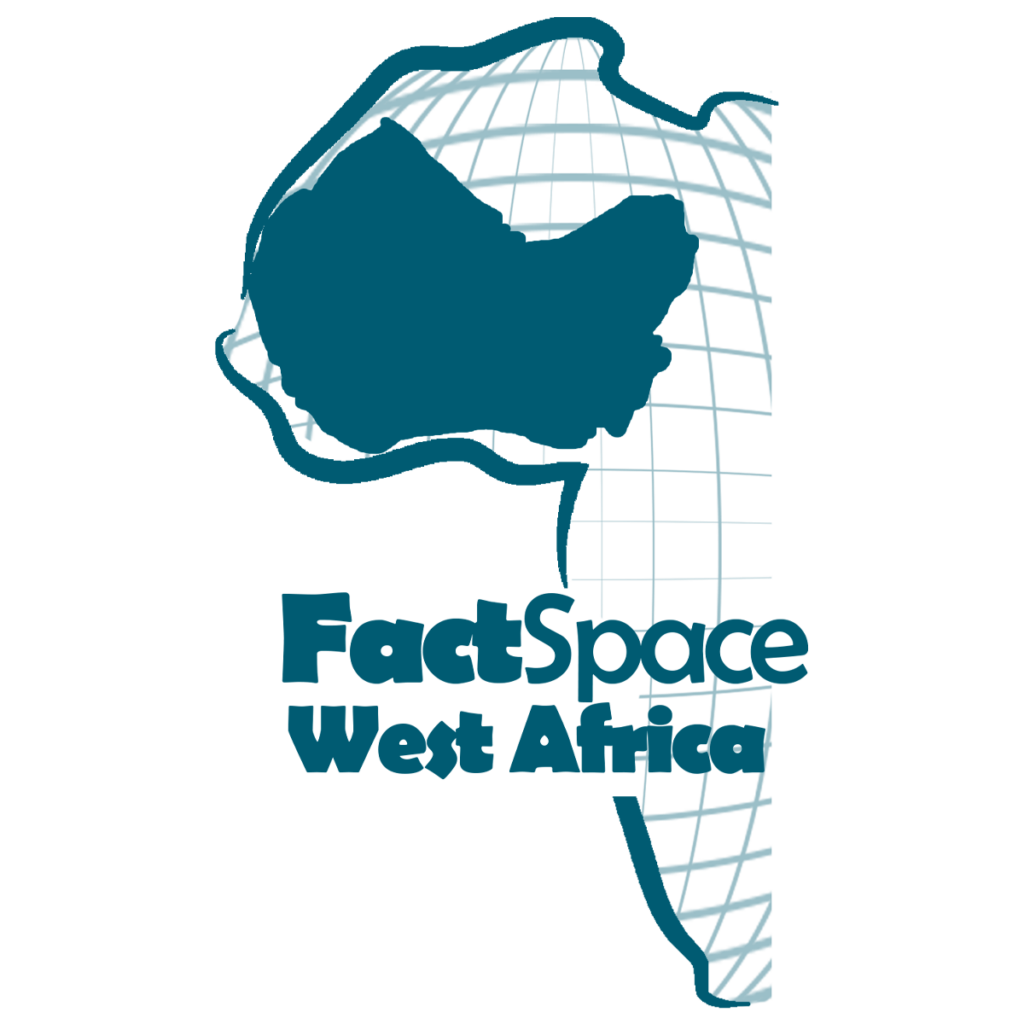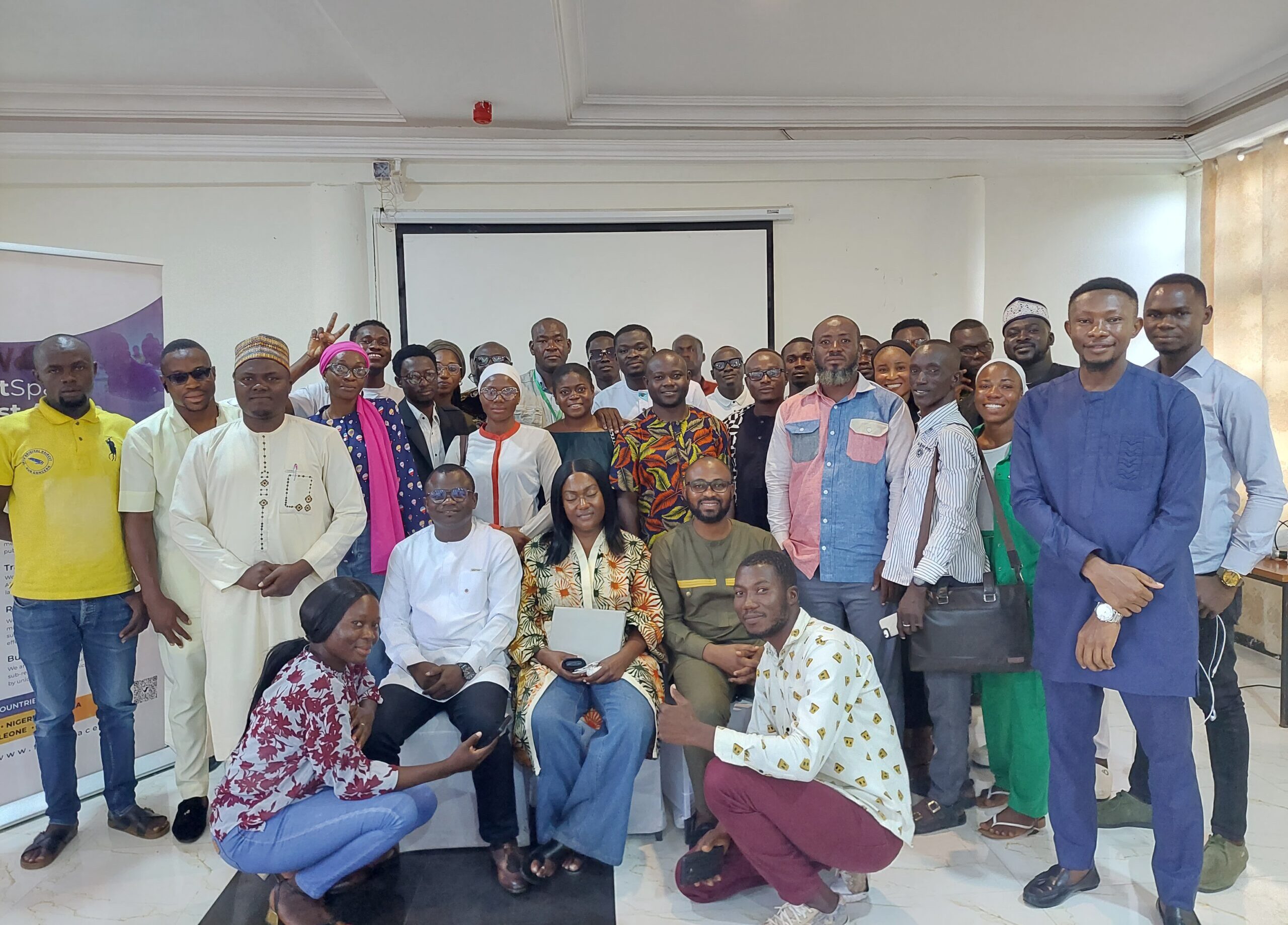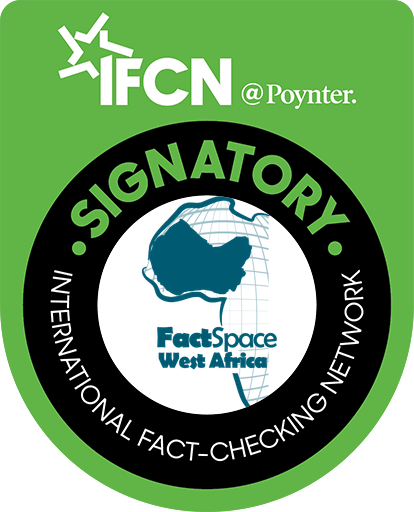FactSpace W/A, 5.10.2024, Tamale – FactSpace West Africa, in collaboration with UNICEF Ghana and the Ghana Health Service (GHS), successfully hosted a reinforcement workshop from October 1 to 4, 2024, aimed at strengthening infodemic management for public health emergencies.
The event held in Tamale, pooled together over 100 journalists, presenters, and media managers from across Ghana’s northern regions to build essential skills in identifying and countering misinformation, with a particular focus on the ongoing Sahel spillover crisis impacting West Africa.
The two-day workshop brought together media professionals from the Northern, Savannah and North East regions for the first session, and participants from the Upper East and Upper West regions for the second session. Participants engaged in hands-on activities, expert presentations, and interactive discussions that provided them with critical tools and strategies to ensure accurate information dissemination during public health crises.
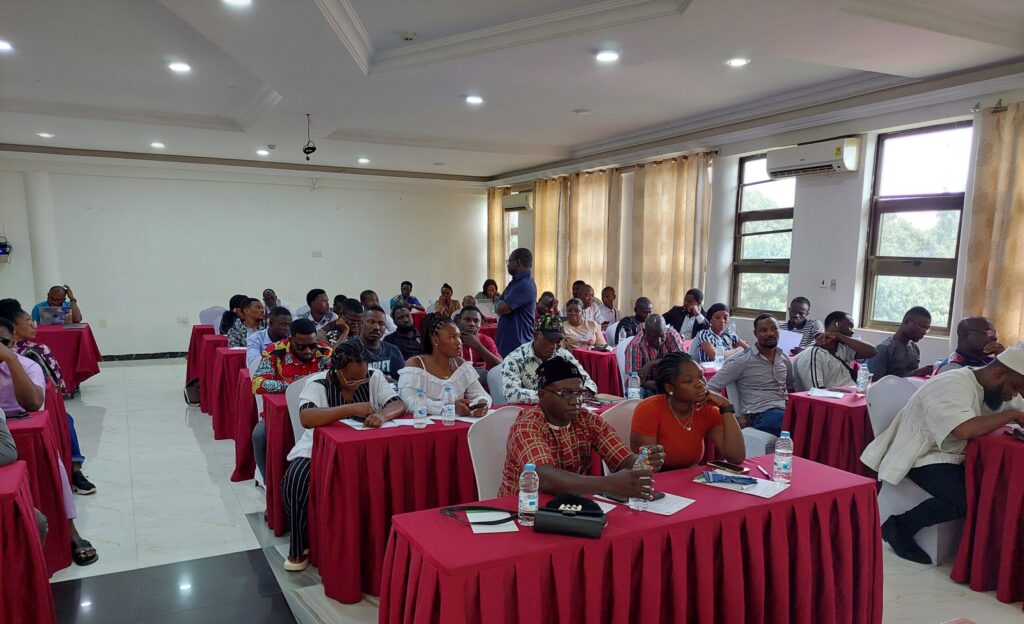
Dr. Illiasu Mumuni, Senior Lecturer at the University for Development Studies, presented on the far-reaching consequences of the Sahel spillover, which has exacerbated public health challenges in bordering regions of Ghana. Dr. Mumuni highlighted the alarming rise in infectious diseases and emphasized the role of the media in combating the “infodemic”—the spread of harmful misinformation that can undermine health responses and fuel extremism.
Executive Director of FactSpace West Africa, Rabiu Alhassan, underscored the importance of media vigilance, particularly as Ghana approaches its 2024 general elections. Reintroducing the Cranky Uncle App, an educational tool co-developed with UNICEF and the Ghana Health Service, Alhassan encouraged participants to practice identifying misinformation and to apply the fact-checking techniques learned from the workshop.
UNICEF’s Technology for Development Officer, Siobhan Burnette, led an in-depth session on Human-Centered Design (HCD) and Social Behaviour Change Communication (SBCC), emphasizing the need to develop public health messaging that resonates with local communities and meets their specific needs.
The Coordinator for Risk Communications at the Health Promotion division of the Ghana Health Service, Joel Abekuliya provided a detailed analysis of the misinformation landscape associated with the Sahel spillover, highlighting its devastating impact on public health efforts.
He stressed, “Falsehoods spread rapidly in affected regions, undermining vaccination campaigns and public trust in healthcare systems.” Joel called for proactive engagement by the media to debunk myths and provide accurate health information to prevent fear, stigmatization, and risky behaviours among the populace.
Participants were guided through creating health communication materials that incorporate local languages and culturally relevant themes, a vital approach to addressing the Sahel spillover’s complex impacts on health, social stability and security.
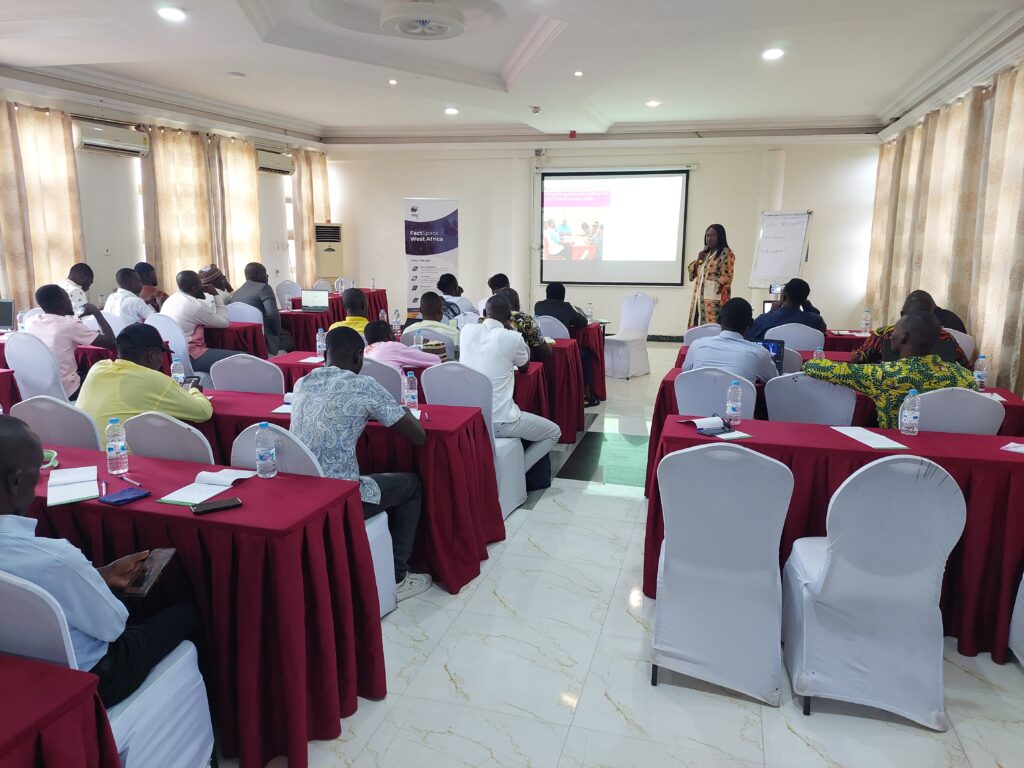
UNICEF’s Technology for Development Officer, Siobhan Burnette making her presentation
Participant feedback was overwhelmingly positive, with many commending the workshop’s relevance and practical approach. Attendees noted that the interactive sessions and group discussions allowed for a meaningful exchange of insights, equipping them with actionable strategies to counter misinformation within their communities.
This workshop represents a pivotal step in FactSpace West Africa’s mission to foster a resilient and well-informed society. As misinformation continues to pose a significant threat during public health emergencies, FactSpace West Africa, together with partners, remains committed to empowering local media to play a proactive role in promoting public health and community resilience.
By Julius Kofi Satsi
